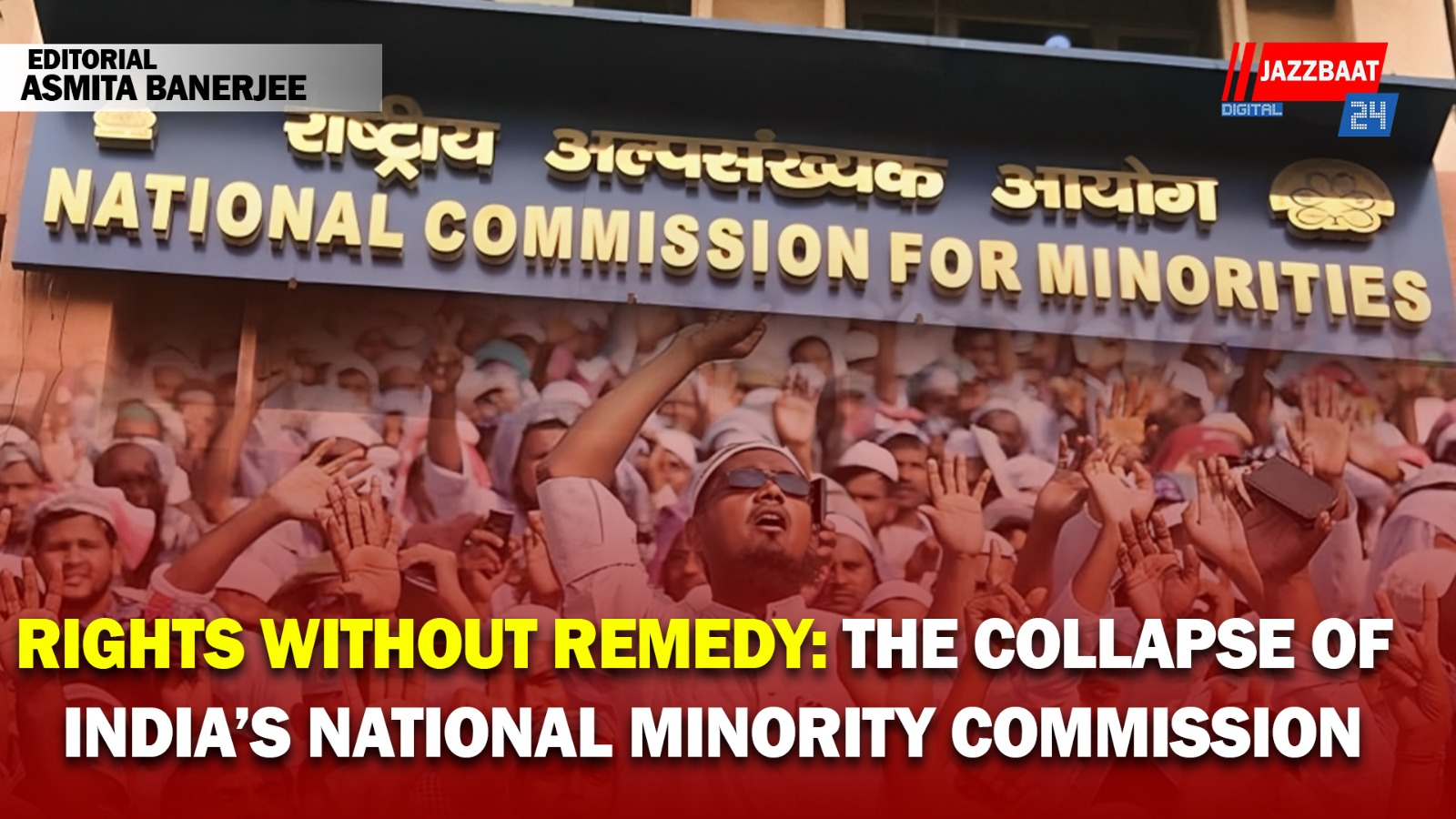
India’s National Commission for Minorities was created to be a guardian of the rights and interests of minority communities such as Muslims, Christians, Sikhs, Buddhists, Jains, and Parsis. It was meant to ensure these communities received fair treatment in education, politics, and society, and to provide a platform where their grievances could be heard and addressed. Yet, recent data and developments reveal a troubling truth: the commission is currently defunct and ineffective, leaving millions without a voice or recourse.
Over the past decade, the commission has sent nearly 1,500 recommendations to the Union government. These recommendations included promoting the integration of madrasas with formal education, supporting scholarships and educational institutions in minority concentration areas, and removing encroachments from Muslim graveyards. However, according to official information, it remains unclear whether any of these recommendations have been implemented. This inaction signals a worrying neglect of the commission’s mandate, raising serious questions about the government’s commitment to protecting minority rights.
Adding to this crisis, the commission has been without a chairperson or members since April 2025. Its current lack of leadership has resulted in the absence of a functioning body to investigate rights violations, take remedial action, or even provide guidance to government agencies. Minority communities, therefore, face a stark reality: if they suffer discrimination, violence, or deprivation of rights, there is no effective forum available to them. The commission’s staff is small and partly vacant, and its operations appear to be limited to processing complaints without the power to ensure justice or change.
The consequences of this collapse are severe. Muslims, the country’s largest minority group, have felt the brunt of this failure most sharply. Programs like pre-matric scholarships for poor but deserving students have been discontinued, depriving young learners of opportunities. Political representation of Muslims in parliament has declined under the current government, and minorities face increasing economic and social marginalization. Such patterns, combined with the government’s failure to implement the commission’s recommendations or appoint new leaders, reflect a broader marginalization of minorities in India’s public life.
While the government points to spending on the commission’s salaries and administration as evidence of support, this expenditure does not translate into meaningful welfare or development for minorities. The commission’s current role seems limited to a token presence that masks the lack of real action. Without transparency in complaint resolution or compensation to victims of violence and discrimination, faith in the commission as a protector of minority rights is rapidly eroding.
The dismantling of the National Commission for Minorities signals a crisis not just for minorities, but for Indian democracy itself. The commission’s fall from a constitutional watchdog to a hollow institution is a reminder that rights without remedies are meaningless. It is essential for the government to urgently restore the commission’s leadership, empower it to fulfill its legal mandate, and demonstrate genuine commitment to safeguarding the constitutional rights of all minority communities. Until this happens, millions of Indians will remain exposed to injustices with no effective means of recourse.
India’s promise to all its citizens is equality and justice. Protecting minority rights through robust institutions like the National Commission for Minorities must be an urgent priority for the nation’s leadership and conscience. Without decisive action, the country risks deepening divisions and betraying the pluralistic values on which it stands.